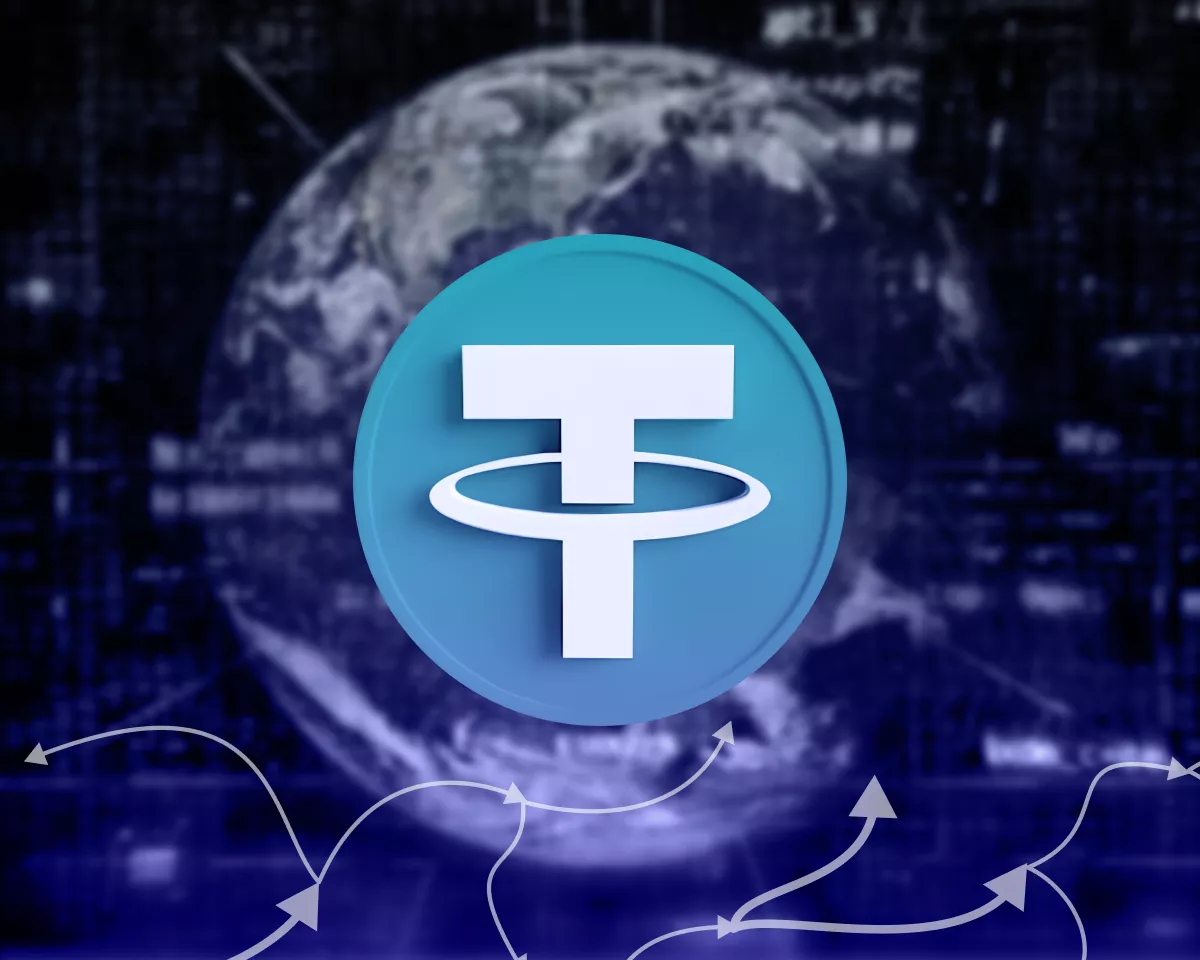
The post Ripple Vs SEC: John Deaton Calls the SEC Out For Misusing the Howey’s Test appeared first on Coinpedia Fintech News
As the Ripple v. SEC case continues to unfold, the crypto lawyer and XRP fan John Deaton have accused the Securities and Exchange Commission of abusing Howey’s test in its lawsuit against Ripple, the company that issues XRP.
An asset’s eligibility as an investment contract, and hence its subjectivity to federal security regulations, is established via the Howey test.
Deaton pointed out the fact that the regulating body asserts that XRP itself was, is, and always will be a security, but the SEC’s Howey argument has gotten so stretched out that it is genuinely indefinable, either in space or in time.
According to Deaton, this is not how a Howey analysis is conducted, and it most certainly does not render a token itself always a security regardless of the context in which it is used.
The attorney states that the SEC also contends that XRP itself embodies all of the promises, inducements, and attempts put in by Ripple from 2013 up to the current day. This indicates that the SEC’s position is that XRP itself fits the criteria of both the second and the third prongs of the Howey test.
Deaton continued by saying that those who are claiming that the SEC will undoubtedly prevail and that XRP is doomed are exaggerating the SEC’s prospects. According to him, the claims made by the SEC go beyond what is reasonable.
SEC Doesn’t Have Enough Evidence Against Ripple
Recall that the SEC asserts that Ripple was selling its XRP tokens without first registering the token with the relevant authorities and that the XRP tokens themselves are securities.
Meanwhile, the research conducted by asset manager CoinShares that a significant number of investors are convinced that the SEC does not possess any legitimate evidence to substantiate its assertions.
As Deaton also predicted, the two-year legal fight between Ripple and the SEC wouldn’t end until Judge Analisa Torres made a judgment in 2023. The crypto lawyer also took issue with Gensler’s claim that ETH tokens on the Ethereum network may be classified as security contracts if the Howey test were applied.

 2 years ago
125
2 years ago
125














 English (US) ·
English (US) ·